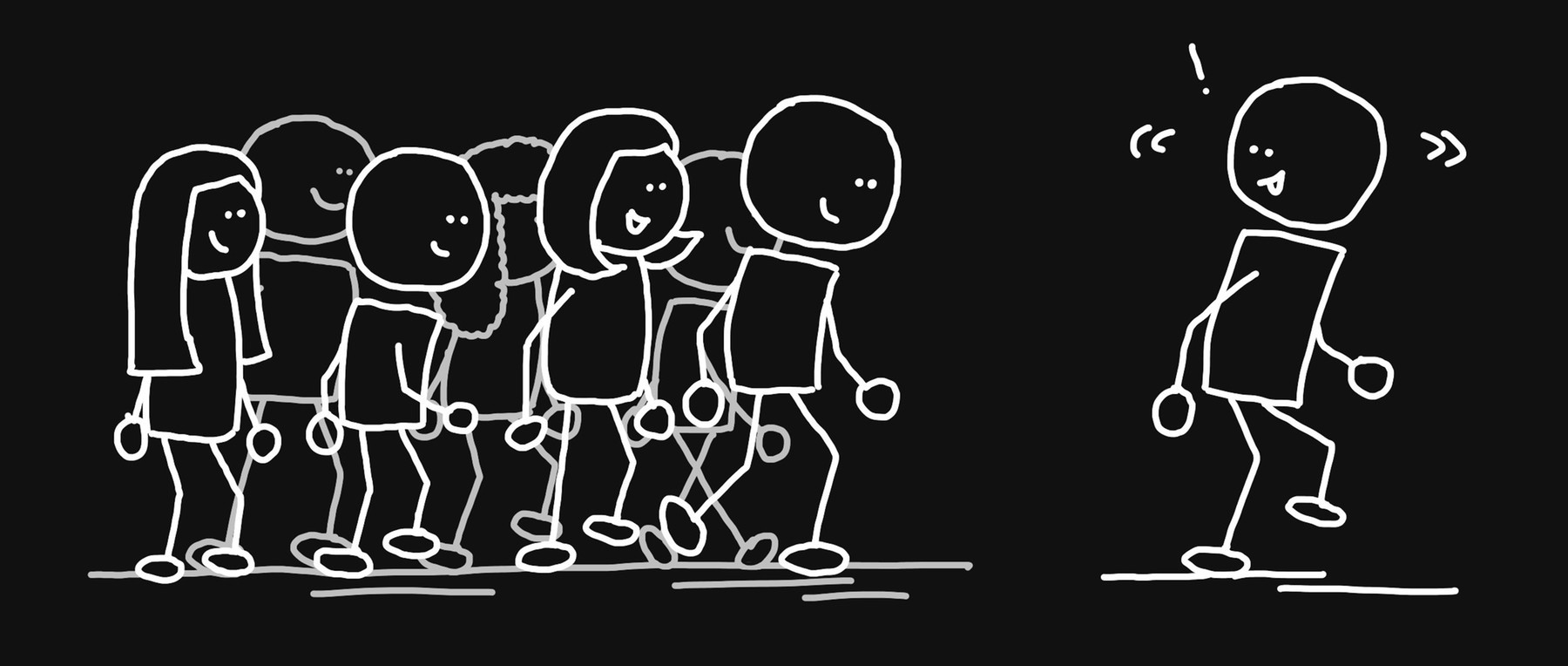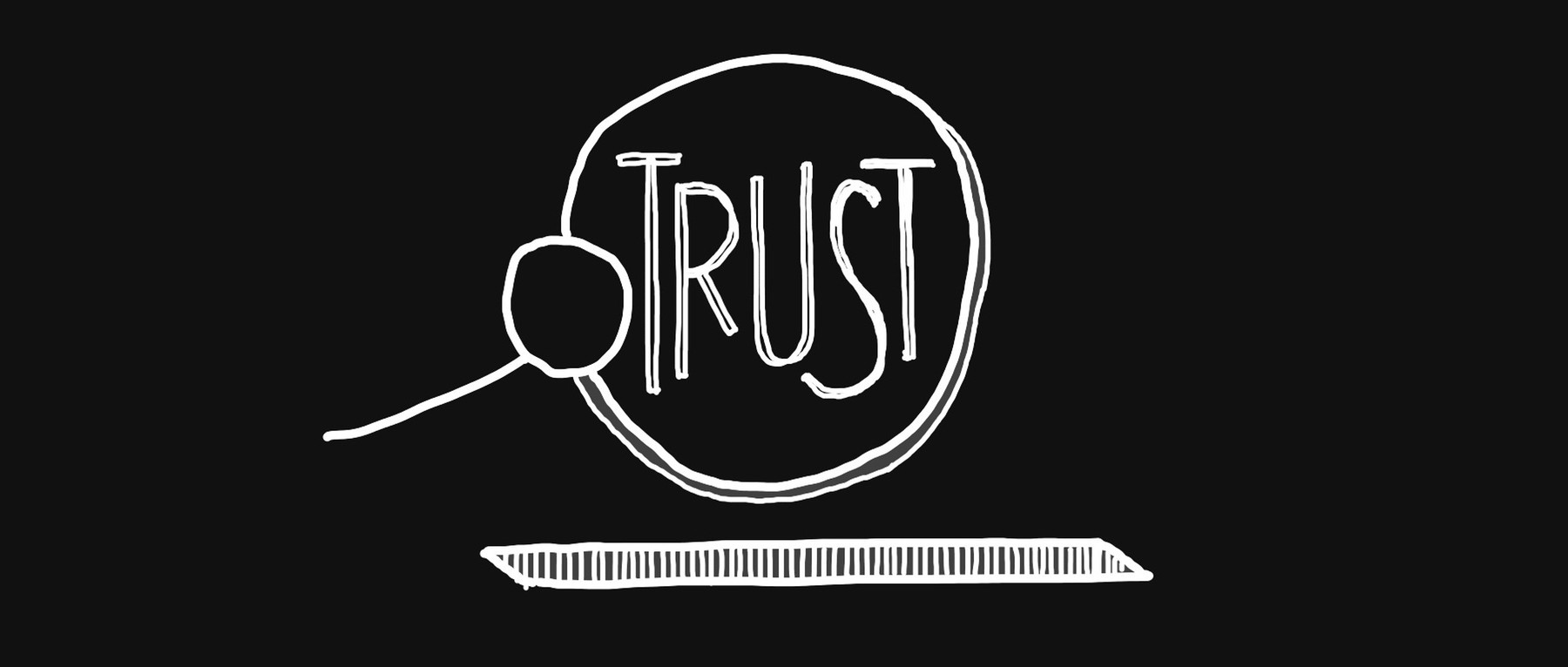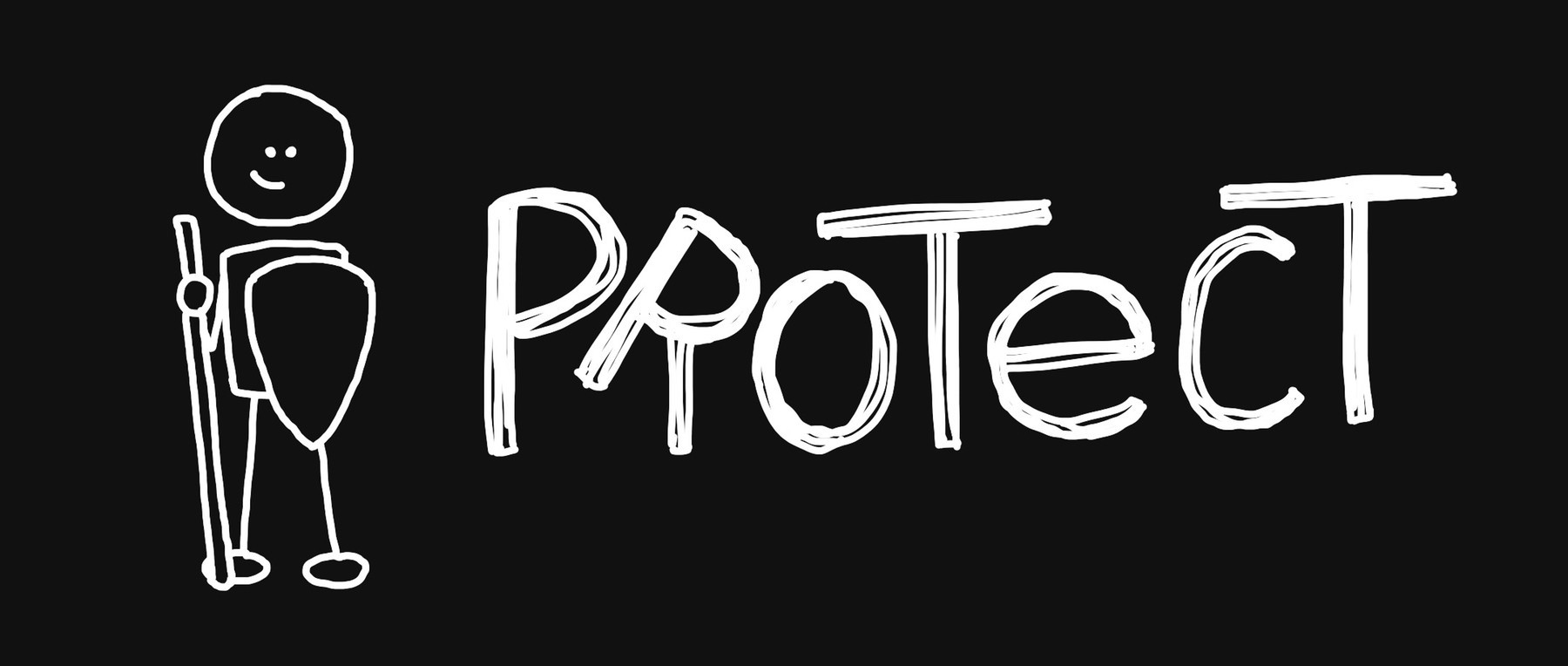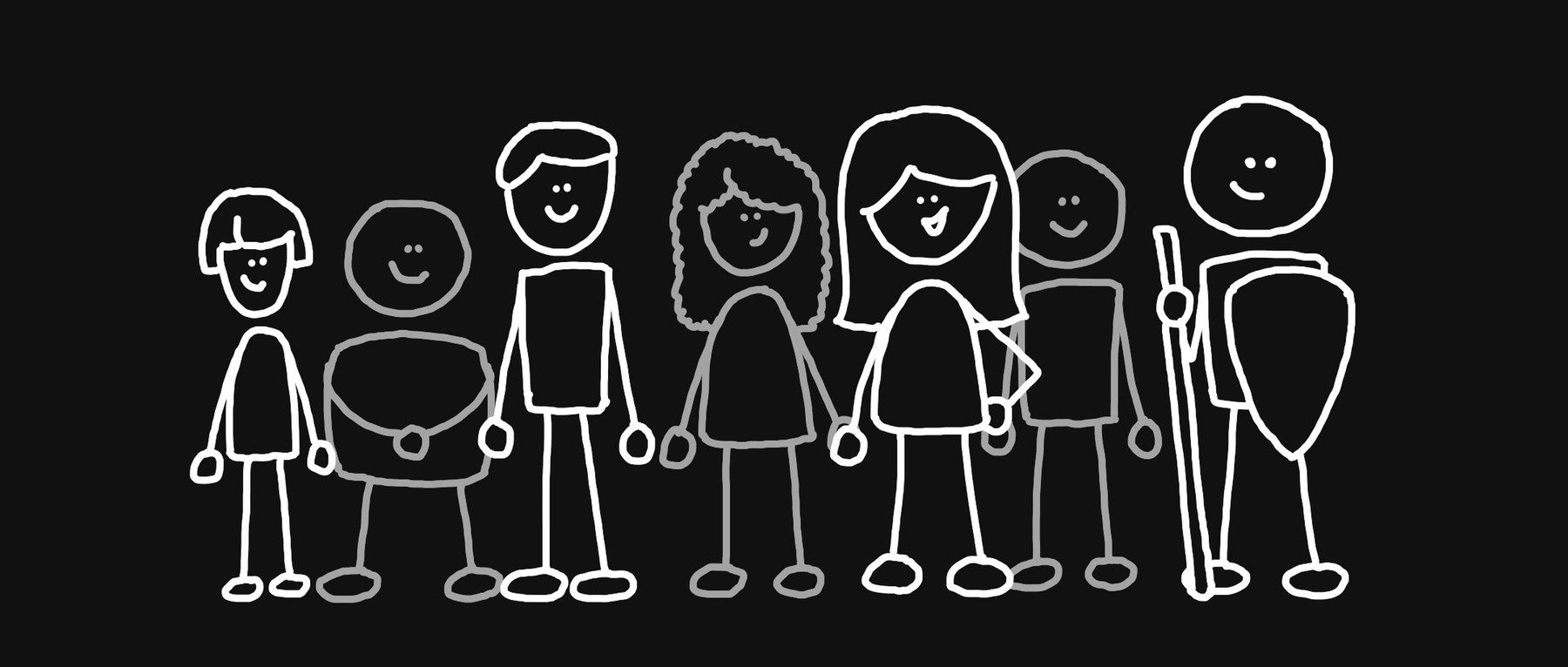In my job as a software engineering manager, I was recently asked to speak about leadership. As I prepared the presentation, I realized that this topic is a passion of mine, even rivaling my passion for mental health awareness. I will share my thoughts over a series of articles.
Leadership is a complex idea that means different things to different people. Often, we are thrust into roles in which we are expected or required to lead others. Many of us find these situations uncomfortable and find ourselves unprepared to take up the mantle laid upon us.
At the same work event where I presented, Niel Nickolaisen, our CIO at O.C. Tanner, gave the most concise definition of a leader I’ve ever heard:
A leader is someone others choose to follow
One thing that I love about this definition is how it highlights that anyone can be a leader regardless of role. We often think that leadership equates to having a position of authority, but this is a limited view. All of us can be the type of person whom others want to and actually decide to follow. Because of this universal applicability, I feel that the idea of good leadership is important and worth exploring further.
As I worked on my presentation, I was helped immensely by my good friend Jessica DuHadway. She asked many clarifying questions and even agreed to rework some of the content and co-present with me. In this writing, I went back to the topics as I had developed them to make sure I wasn’t stealing her words or ideas.
Articles
(Each title will be a link when the article is published)
Leading through trust
As a leader, your most important commodity is trust. Every action you take, every word you say, every success you notice or ignore affects the trust others have in you.
A leader’s role: protect
In my opinion, the most important functions a leader fulfills is to protect and provide. There are many ways in which a leader can do those, and I will first explore how a leader can protect people, the team, and the company.
A leader’s role: provide
I believe that the most important roles a leader must serve are to protect and provide. I want to explore this further by considering how a leader can provide support, clarity, and results.
Stages of leadership
Most people transition through three stages of leadership, whether consciously or not. These stages are the cruel tyrant, the benevolent dictator, and the servant leader.
Effects of stages
Leadership permeates our lives. Good leadership has the ability to uplift, just as poor leadership corrodes. We will consider the effects in terms of team makeup, team perspective, and team health.





